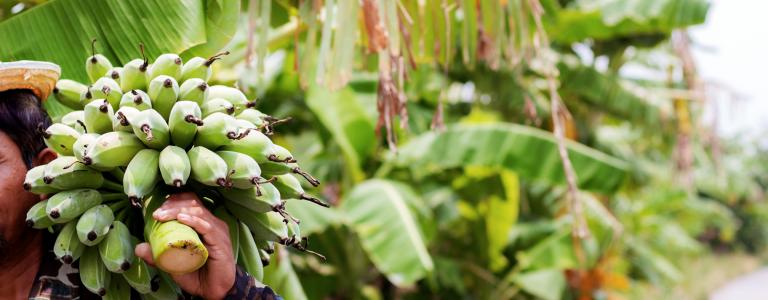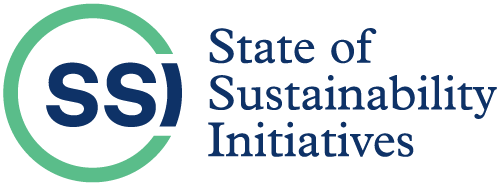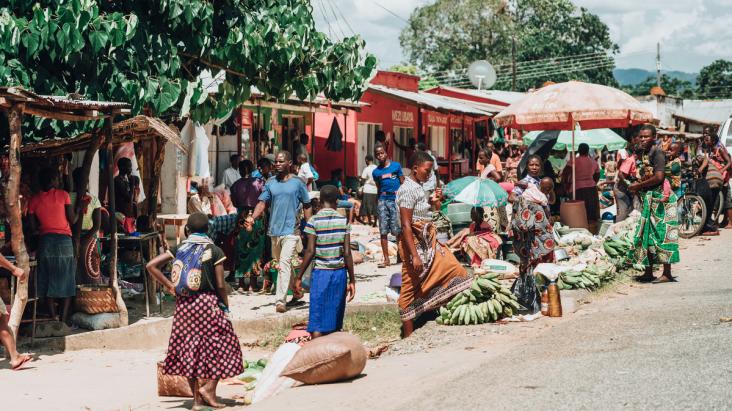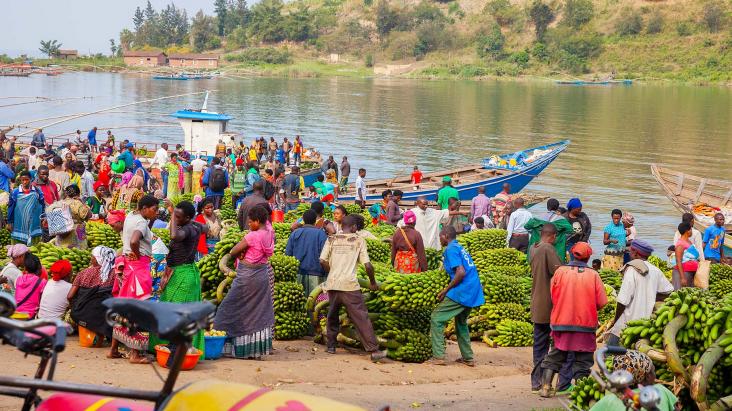Standards and Value Chains
Voluntary sustainability standards (VSSs) set guidelines and provide supporting services for producing and selling products in ways that help improve the livelihoods of local communities and protect the environment. But the multitude and variety of standards can pose a challenge for decision-makers looking to use VSSs to make a difference.
Agricultural commodity markets are getting more volatile, extreme weather events are becoming more common, and millions more people are facing poverty and hunger. The need to advance more sustainable forms of production, consumption, and trade is as critical as ever.
As awareness of the sustainability challenges facing agricultural value chains has grown over the last 3 decades, so has the demand and supply of VSS-compliant products. There are now more than 400 VSSs operating across the planet. They have emerged to help protect the environment and improve the livelihoods of smallholder producers across different sectors.
VSSs provide manufacturers and retailers with information about the origin and sourcing conditions of a product. They also provide consumers with some assurance of the sustainability efforts taken for their production and manufacturing. Some are international in their scope, such as Fairtrade International, GLOBALG.A.P., and Rainforest Alliance. Others have a local or regional focus, such as Indian-based Trustea, Madagascar Organic, or the African Organisation for Standardisation.
However, the diversity of these initiatives makes it increasingly challenging for stakeholders to stay informed on their utility, performance, and best practices. In addition, many VSSs are created by small groups of collaborating partners, influencing their impartiality. Since VSSs set rules for production and trade, they should ensure inclusive governance from their design to their implementation.
The State of Sustainability Initiatives
Since 2008, IISD’s State of Sustainability Initiatives has been working to advance sustainable and inclusive value chains. We provide credible and solution-oriented research, dialogue, and strategic advice to decision-makers about VSSs and associated initiatives.
Our goal is to help decision-makers use VSSs as needed to support more sustainable production, consumption, and trade. This work includes helping small-scale producers and micro, small, and medium-sized enterprises in developing countries access markets and receive fair remuneration.
Learn More About What We Do
Publications
Addressing Soil Acidity and Enhancing Soil Health
This policy report addresses the critical issue of soil acidity in the East African Community (EAC) and provides actionable recommendations for EAC partner states, the EAC Secretariat, and other relevant stakeholders.
Promoting the Development of Agricultural Cooperatives
Governments in the Global South should promote agricultural cooperatives to boost smallholder access to fair markets, finance, and climate resilience.
Fitting the Pieces of the Puzzle
Governments are adopting sustainability standards for global value chains (GVCs), but businesses in the Global South face challenges in meeting these evolving regulations.
Will the Inclusion of Voluntary Standards in Trade Agreements Lead to More Sustainable Trade?
The use of voluntary sustainability standards (VSSs) and similar systems in free trade agreements (FTAs) is gaining traction. Will it lead to more sustainable production and consumption globally?
Webinars
Through Her Lens: Women leading change in sustainable agriculture and market inclusion
Despite the critical role that women play in agricultural production, they still do not have equal access to global agricultural supply chains on terms that benefit them.
Integrating Voluntary Sustainability Standards in Trade Agreements: Charting a path for sustainable trade
This webinar explored recent trends, challenges, and opportunities related to the integration of voluntary standards in trade policy, with a focus on free trade agreements (FTAs).
Navigating the Landscape of Voluntary Standards and Initiatives for Carbon Management
This webinar unpacked the different types of voluntary standards and initiatives for carbon management and explored companies' experiences in using them to reach their climate goals.
Sustainability Standards and Commodity Prices: How to better support farmers' livelihoods
This webinar explored how standards can better support farmers to get higher prices and incomes and use more sustainable practices amid disruptions in international commodity prices.
Experts

Nathalie Bernasconi-Osterwalder
Vice-President, Global Strategies and Managing Director, Europe

Cristina Larrea
Director, Agriculture, Food and Sustainability Initiatives

Steffany Bermúdez
Policy Advisor I

Sara Elder
Senior Policy Advisor, Standards Workstream

Erika Luna
Policy Analyst

Sally Millett
Communications Manager

Florencia Sarmiento
Policy Advisor

Vivek Voora
Senior Associate
Latest
You might also be interested in
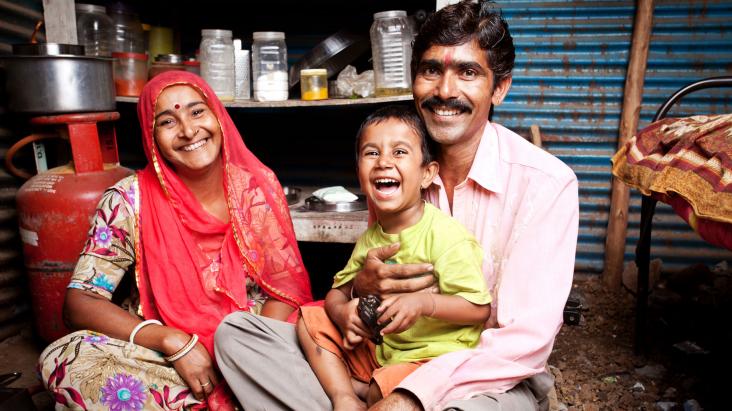
Gender Equality
For development to be sustainable and effective, the needs of all people must be considered.
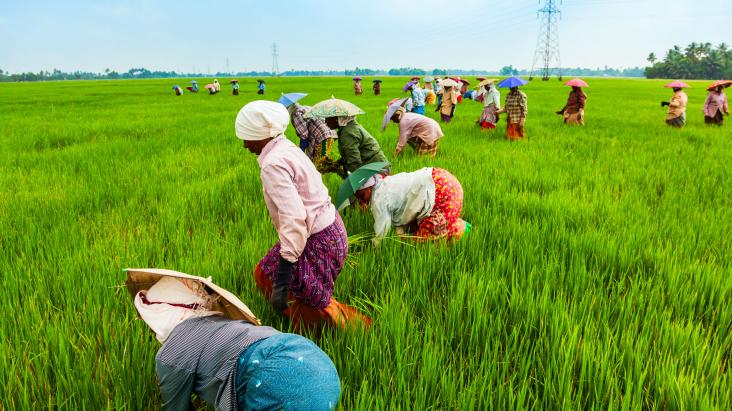
Food and Agriculture
IISD is working to ensure agriculture and food systems advance sustainable development.

Trade
IISD’s work shapes trade policy so it advances sustainable, low-carbon development.
